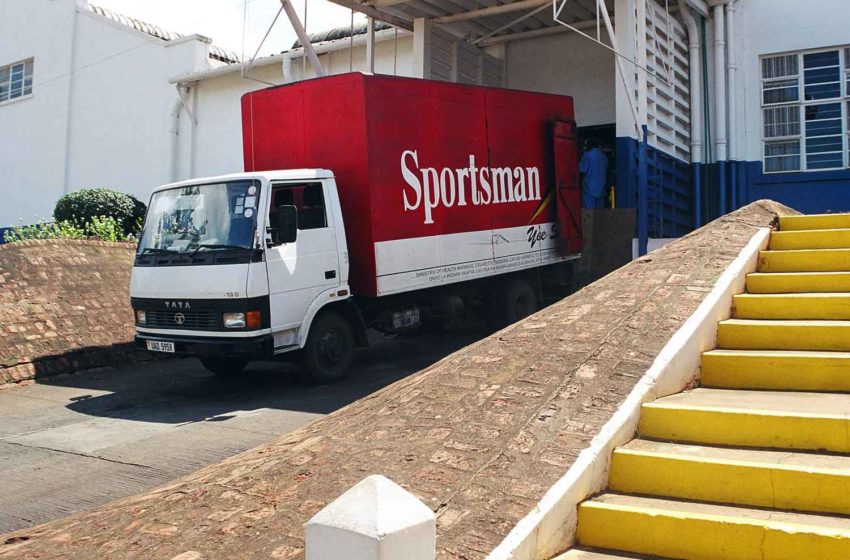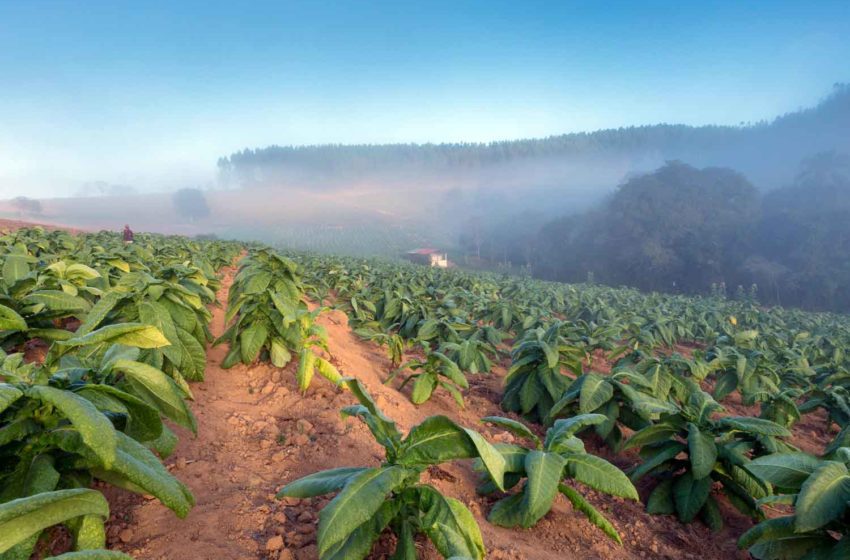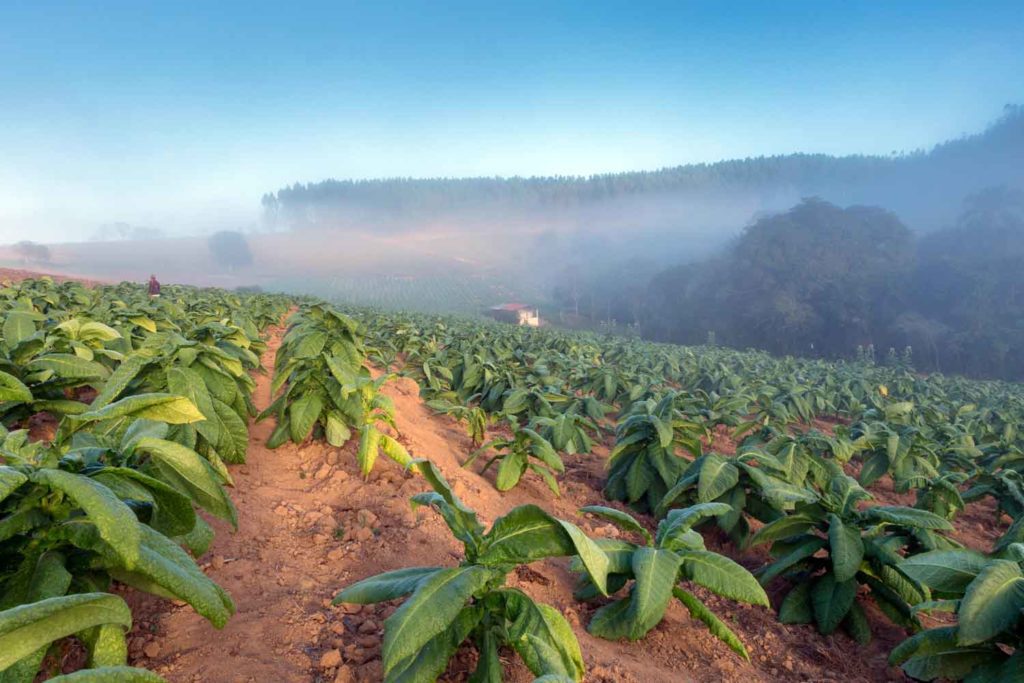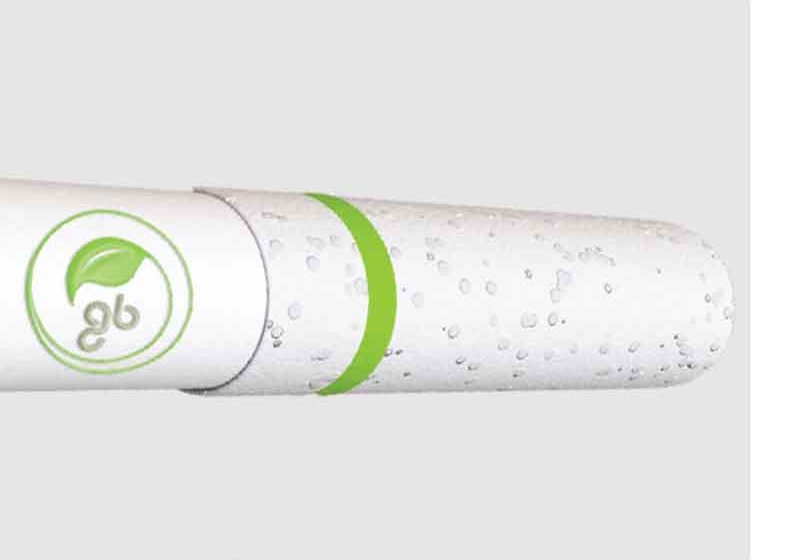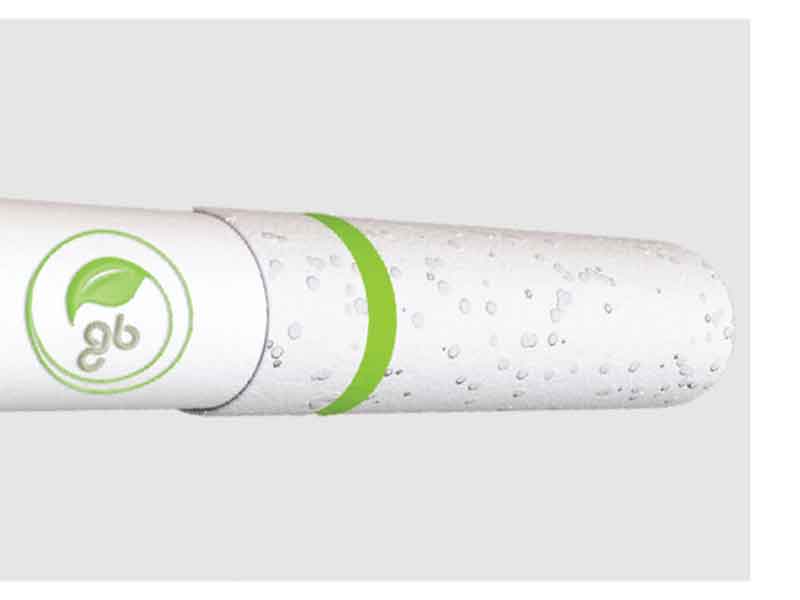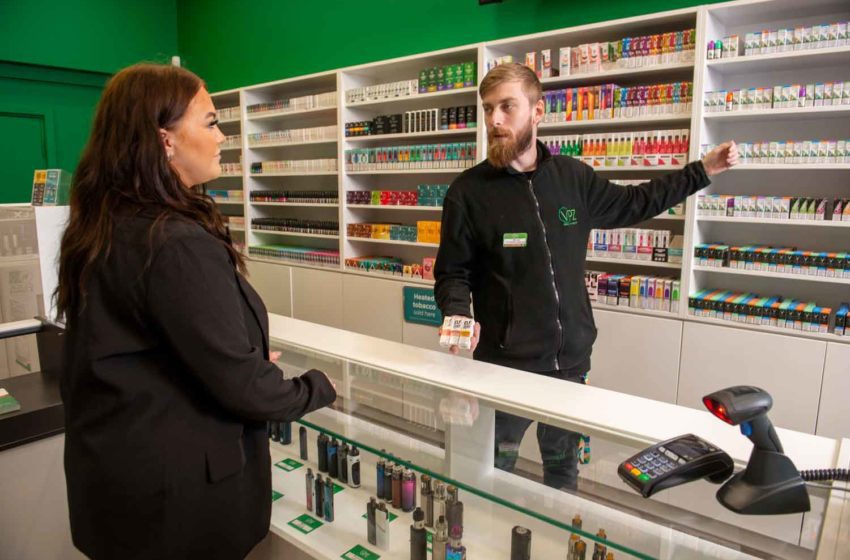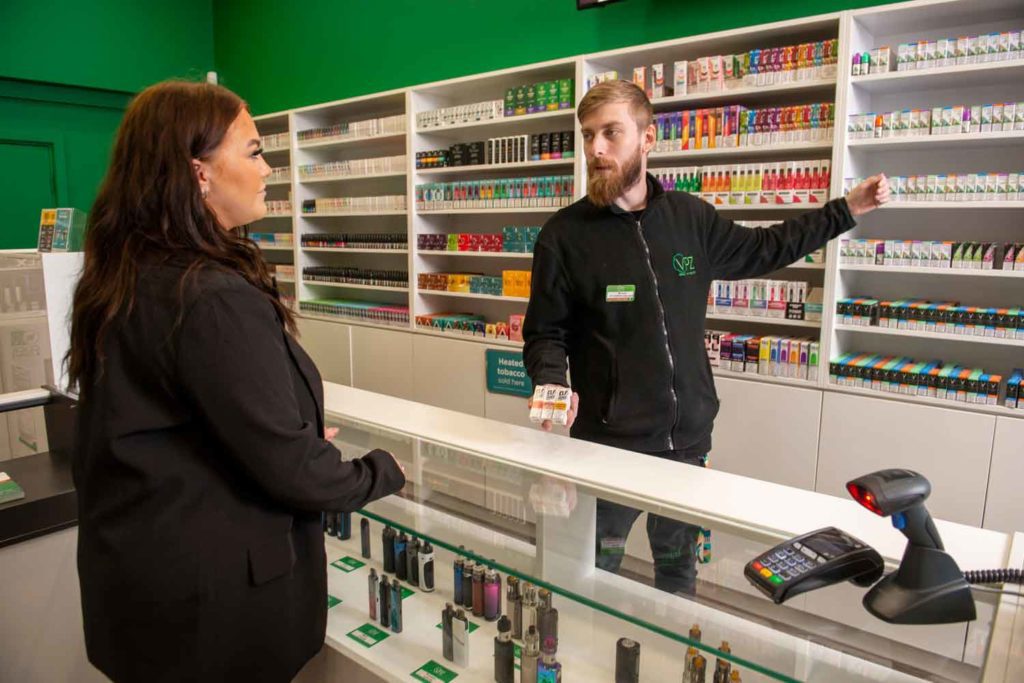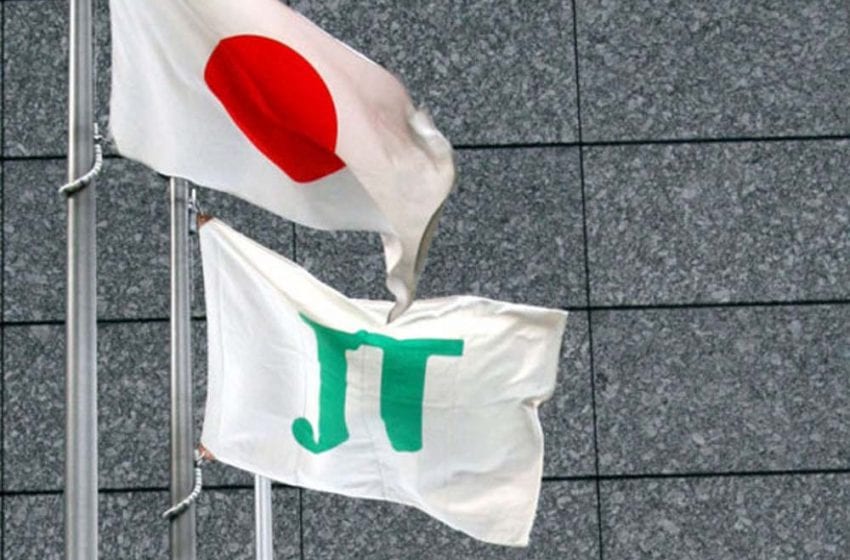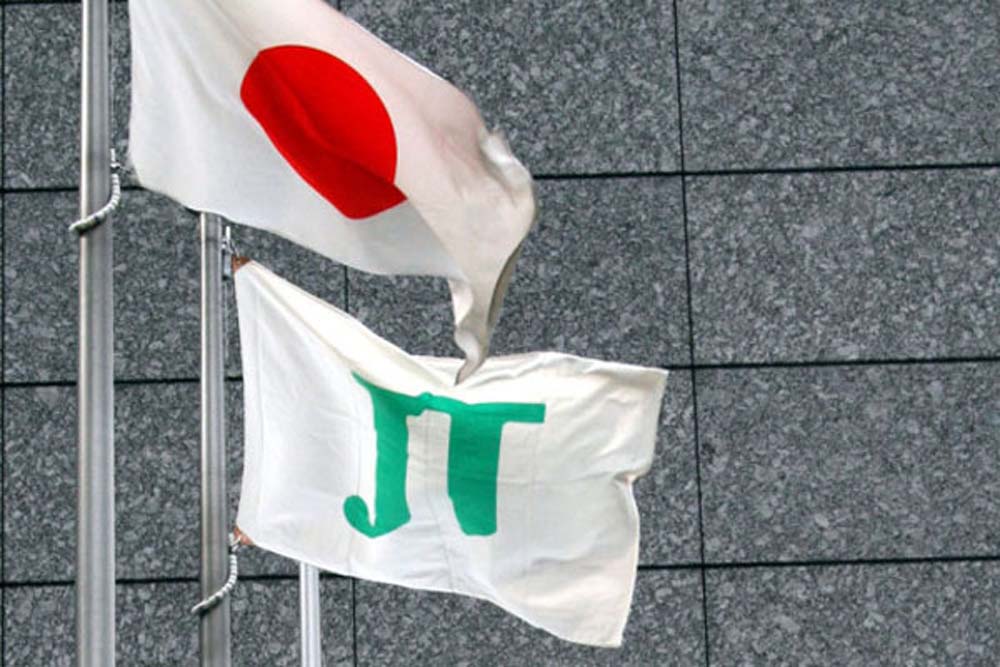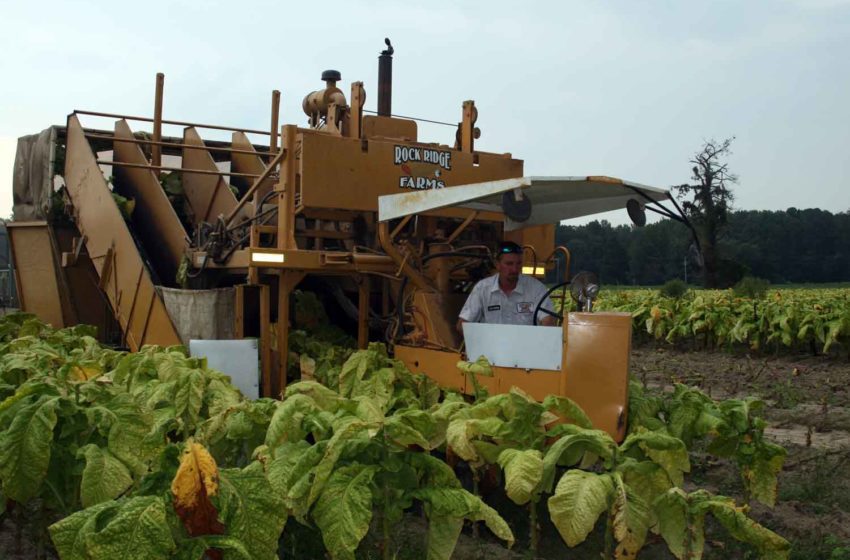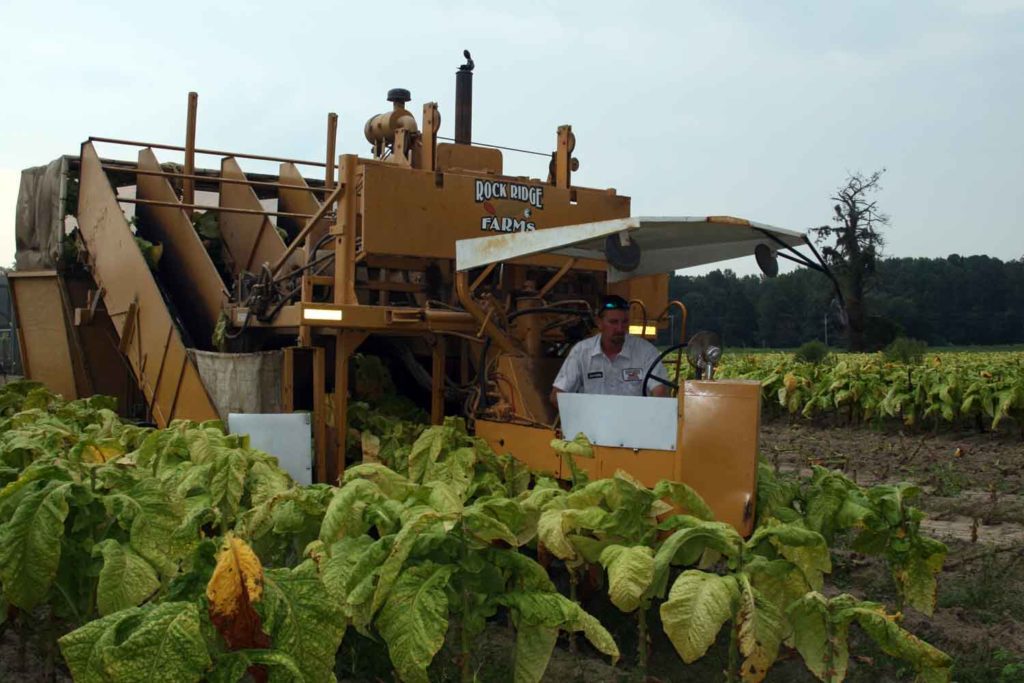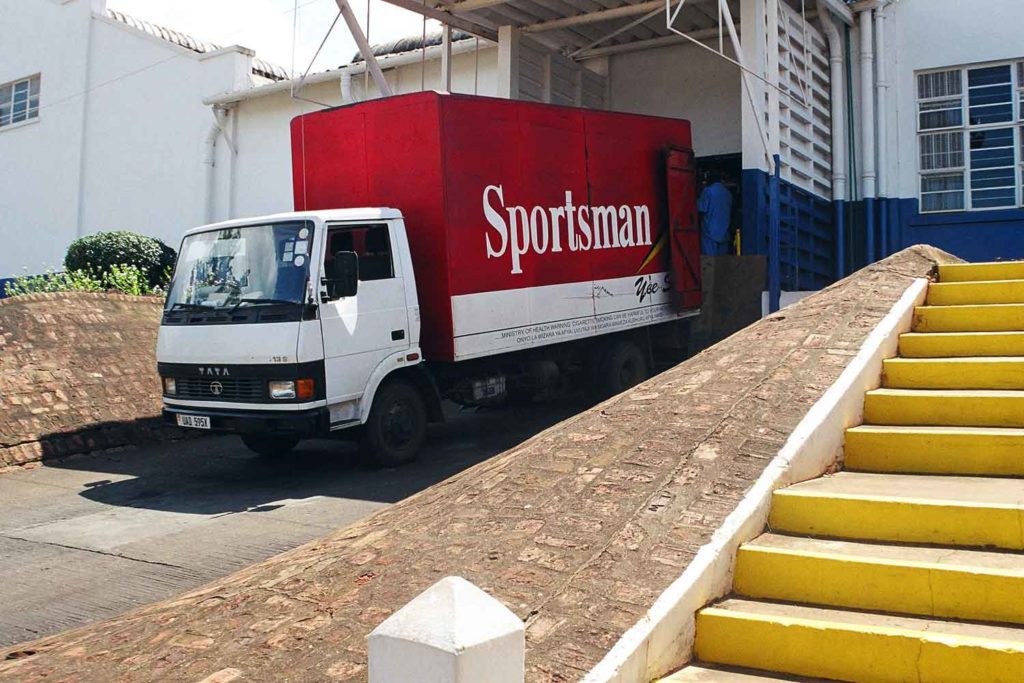
BAT has donated a Hammermill cigarette destruction machine to the Uganda Revenue Authority (URA) to support the national fight against illicit cigarette trade, reports the PML Daily.
Receiving the machine at the URA head offices in Nakawa, acting Commissioner of Customs Okaka Godfrey said that the Hammermill will provide a more convenient and cost-efficient way to destroy illicit cigarettes compared with manual methods.
The acquisition of the machine follows a report by Kantar suggesting that nearly one-third of the cigarettes sold in Uganda are illicit. More than half of these illicit cigarettes are manufactured in Uganda for export, with the rest being manufactured in other countries before being smuggled into the country.
The government misses out on an estimated USH30 billion ($8.01 million) in tobacco tax revenues each year due to the illicit cigarette trade. BAT attributes a recent 41 percent drop in tax remittances to the URA to competition from the illicit market.
According to BAT Managing Director Mathu Kiunjuri, the illicit trade problem has become worse recently. This year, the share of the illicit market has increased to 27.5 percent from 23.8 percent in 2021 and 15.4 percent in 2020.
Between 2019 and 2022, URA enforcement teams seized more than 293,099 cartons of illicit cigarettes valued at $340,000. The major brand intercepted was Super Match made in Uganda for export, followed by high end brands such as Dunhill, Business Royal and Sportsman.

